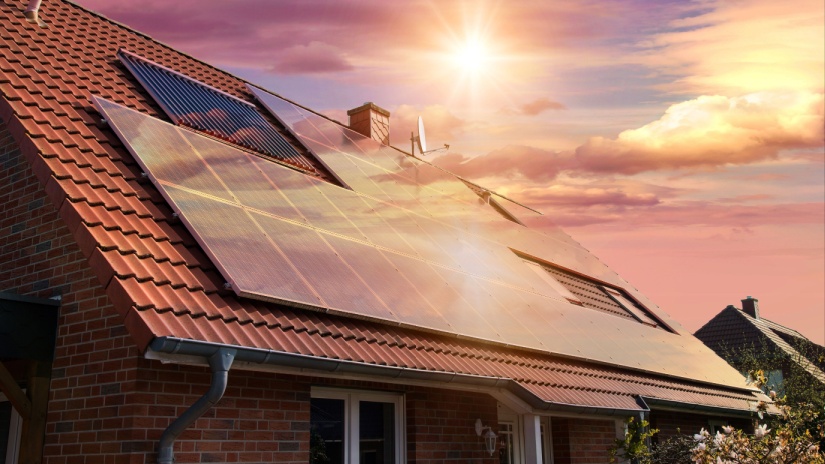Knowledge Centre
Solar series: Why waiting could cost you a fortune

Every month you put off installing solar panels is money left on the table. Rebates that currently make solar systems far more affordable are shrinking in January 2026, and energy prices are unlikely to go down anytime soon.
If you wait, you’ll be paying more upfront and enjoying fewer savings from the panels themselves. A typical Aussie household could easily miss out on thousands if they delay. And that’s money you could be spending on a holiday, a new car, or just avoiding stress about the next power bill.
How the rebates work and why timing matters
Right now, the government offers a rebate that slices a chunk off the cost of installing a new solar system. For example, if your solar setup costs $10,000, the rebate could knock around $3,000 off the price. That brings your upfront cost down to $7,000.
After January 2026, that rebate is expected to drop significantly, possibly by half. That same system could cost $8,500 without the full rebate. That’s $1,500 more out of your pocket, plus months or even years of lost savings on electricity.
In other words, the earlier you act, the bigger your financial win. Solar isn’t just a long-term investment in green energy - it’s an immediate boost to your bank account.
The energy savings add up fast
It’s not just the rebates you need to think about. Every kilowatt-hour your panels generate is electricity you don’t have to buy from the grid. For a standard 6kW system, that could be $1,500 to $2,000 saved every year, depending on your household energy use and the size of the system.
Start in 2025 instead of 2026, and that’s another $1,500 to $2,000 in savings you don’t get if you wait. Over ten years, installing early could save you $15,000 to $20,000 just on your electricity bills.
If you top it off with smart usage, like running washing machines or charging an EV during peak solar hours, the savings can be even higher. Essentially, the sun is paying your bills for you - but only if you let it.
Cost comparison example
Here’s a simple look at what acting early could mean in real money:
A 6kW solar system:
- Install in 2025 with rebate: $10,000 upfront, minus $3,000 rebate = $7,000.
Annual electricity savings: $1,800.
Ten-year savings: $18,000.
Total outlay: $7,000.
Net benefit: $11,000.
- Install in 2026 after rebate drops: $10,000 upfront, minus $1,500 rebate = $8,500.
Annual electricity savings: $1,800.
Ten-year savings: $18,000.
Total outlay: $8,500.
Net benefit: $9,500.
Waiting just one year could cost you $1,500 in rebates and $1,500 in lost savings - $3,000 total. That’s not pocket change.
The benefits of going solar
Going solar isn’t just about slashing your energy bills. There are plenty of perks that make it a no-brainer for Aussie households. First up, it’s eco-friendly. Every kilowatt-hour you generate is one less you pull from fossil fuels, which is great news for the planet.
Then there’s independence. Solar panels let you take control of your energy use instead of being at the mercy of rising electricity prices. Pair your panels with a battery and you could store energy to use at night or during blackouts.
Another bonus is home value. Homes with solar systems tend to sell faster and for more money. And let’s not forget feed-in tariffs. When your panels generate more power than you need, you can sell it back to the grid, turning extra sunshine into extra cash.
In short, solar panels save you money, protect you from price hikes, make your home more valuable, and help the planet. That’s a pretty sweet package.
Don’t miss out on the sunshine savings
Every month you wait to install solar panels is money you could be saving. Rebates are dropping in January 2026, and electricity prices aren’t going down anytime soon. The sooner you install, the bigger your financial win.
If you want to make the most of solar before the rebates shrink, the team at Compare Energy can help. Give them a call on 1300 790 106 to discuss your options and see how much you could save by acting now. Don’t let the sun set on this opportunity.

